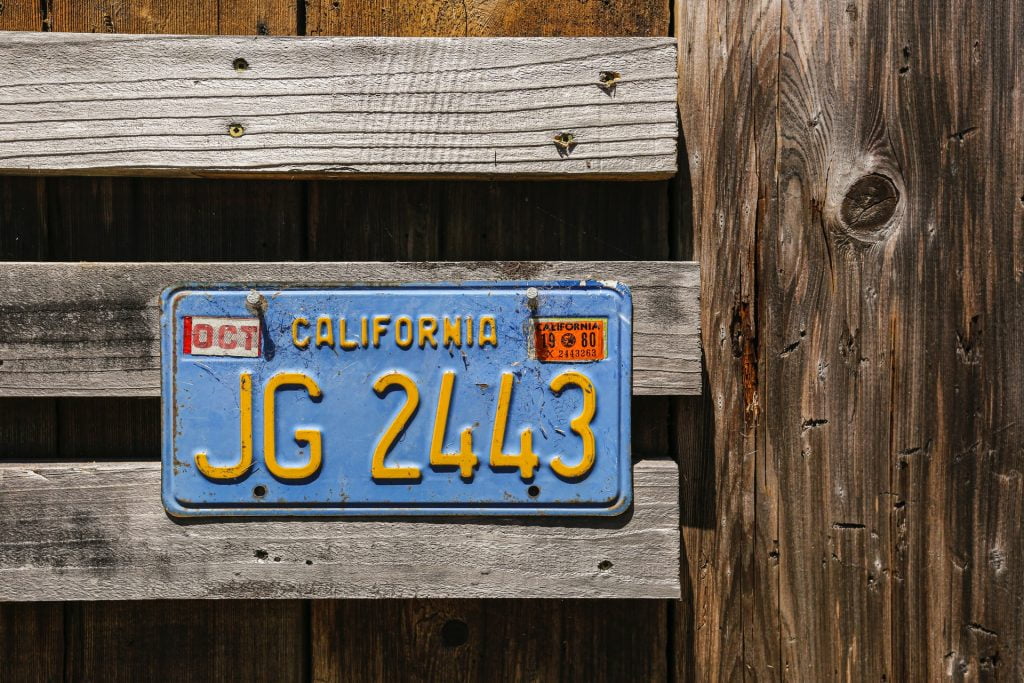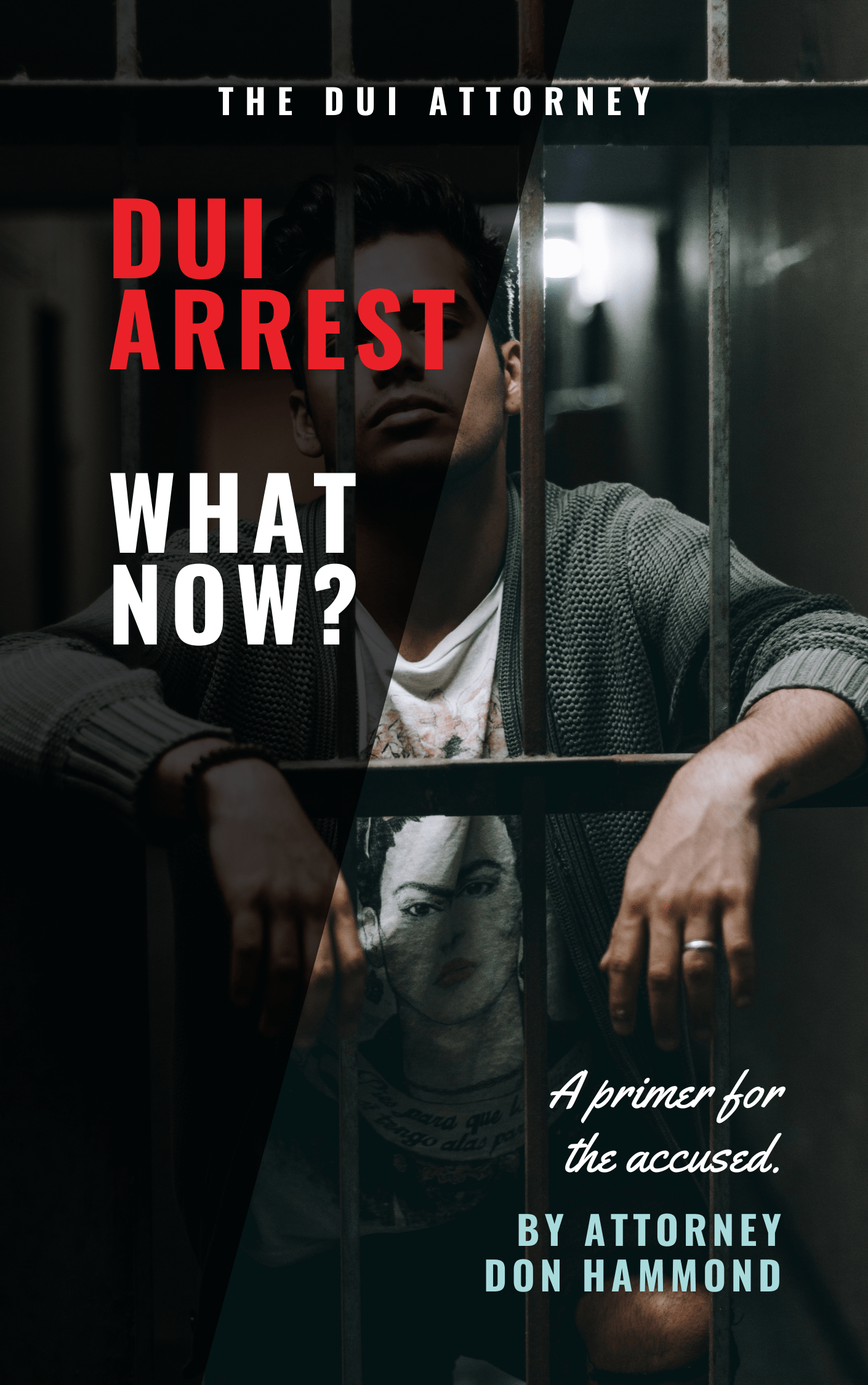
The Vehicle Code under Section 23152 criminalizes driving a motor vehicle while under the influence of alcohol. It further specifies that a person whose weight of alcohol in the blood is 0.08% or more must not operate a motor vehicle. In this regard, the percent by weight of alcohol in the blood is based on the grams of alcohol per 100 milliliters of blood or the grams of alcohol per 210 liters of breath.
In prosecuting this offense, it is a rebuttable presumption that the defendant had 0.08% or more by weight in alcohol in their blood when operating the motor vehicle if they indeed had 0.08% or more when a chemical test is taken within three hours after the driving.
This offense is considered a misdemeanor and attracts a penalty of having your license suspended for a certain period depending on the following factors:
- The particular facts of the case
- The number of previous DUIs on the motorist’s record
- The specific crime charged such as DUI vis-a-vis DUI causing injury
It is stated in the law that such suspension may be for a period of:
- Six months for a first DUI offense or misdemeanor DUI causing injury conviction
- One year for a second offense
- Two years for a third offense where the offender does not opt to get an ignition interlock device
- Up to five years where a felony DUI conviction is involved
A suspended license is not automatically reinstated, and it is illegal to drive until the reinstatement process is complete. There are specific steps to reinstating such a license.
Steps to Reinstating your License after a California DUI
- Successful completion of the entire period of the license suspension
This is a simple requirement that the defendant completes the license suspension period. The defendant must not operate the motor vehicle during this time as it would amount to further offense.
- Service of any imposed sentence.
A defendant must serve the imposed sentences before embarking on the reinstatement process. It should be noted that the penalties for driving under the influence are awarded based on two elements:
- Whether the offender has any prior DUI charges on record and
- If anyone was injured as a result of driving under the influence
Under Section 23550 of the Vehicle Code, it is outlined that where a person is convicted of violating section 23152 and the offense occurred within 10 years of three or more separate charges of reckless driving under Section 23103. Such conviction is punishable by;
- Imprisonment in county jail for not less than 180 days and,
- Not more than one year and a fine of not between three hundred and ninety dollars and one thousand dollars
- The Department of Motor Vehicle (DMV) shall revoke the person’s driving privileges according to Section 13352 of the Code.
Where a defendant is convicted of violating Section 23152 as is punishable under Section 23350, he or she shall be termed a habitual offender for three years.
- Successful completion of a DUI program
A DUI program involves enrolling for a course at the DUI traffic school as prescribed by the DMV. The course taken will depend on the defendant’s blood alcohol concentration (BAC) and ranges from 90 days to nine months. Once the course is completed, the defendant is required to obtain a Notice of Completion from the school to prove having completed the course.
- Filing proof of financial responsibility with the DMV
This entails a filing of a Form SR-22 with the DMV. This form is that which the driver’s insurance company sends out to the department upon being informed of the DUI. The eventual effect of this is that it causes the insurance company to increase the driver’s insurance rates.
- Payment of the DMV license reissue fee
This fee varies from one hundred dollars to five hundred dollars and is stipulated on the California Department of Motor Vehicle website.
All the above steps are crucial and mandatory to have your license reinstated. It is, therefore, important that you meet all the above requirements if you want your license to be reinstated. However, it is significant to note that reinstatement is different from challenging a notice of suspension and should not be disordered.
Reinstatement versus Challenging a Notice of Suspension
Upon a DUI arrest, the DMV will serve the offender with a Notice of Suspension. This is a document notifying the motorist that the DMV will begin the process of suspension of the defendant’s driving privileges because of the DUI charge.
A defendant has the right to challenge such notice by requesting an administrative hearing at the DMV office. The defendant must make this request within 10 days. The department can suspend the license where it is proved that:
- Law enforcement conducted the DUI stop and consequent arrest in a lawful manner. You can read about how DUI entrapments are a form of unlawful arrests
- The motorist was operating the vehicle at a BAC of 0.08% or greater or refused to have a blood or breath test as stipulated in California Vehicle Code.
Notably, the standard of proof in this hearing is of a lesser standard than that of a DUI trial (beyond reasonable doubt). The standard for this hearing is commonly referred to “by a preponderance of the evidence.”
Reinstating your license is a complex process that requires expert legal experience. If you need help, contact Criminal Defense Heroes, P.C. at (323)529-3660 for an initial consultation on how we can get that license reinstated.
The local driver safety office that I work with the most is scheduling hearings about three months out; during this time, clients have a valid temporary license that allows them to continue driving with no restrictions. However, they will not have the physical hardcopy of their photo I.D. driver’s license. In the meantime, some clients might want to carry their passport or get a California I.D. card for the purposes of proving their identity.
There are many reasons that justify the delay of the DMV hearing. During the time that it is delayed, clients are able to keep their valid and unrestricted driver’s license, which they appreciate. In the past, we have been able to get this hearing delayed for more than a year. We always insist on having these hearings held in person, which is the defendant’s right. However, as a result of the coronavirus pandemic, in-person hearings were suspended under guidance from the governor to mandate and force telephonic hearings; we have lodged appropriate objections in every case, but we will have to go through with some telephonic hearings during this time.
Generally, the court will not suspend a driver’s license. However, upon a conviction for DUI in court, it will trigger the DMV to issue a six-month license suspension. Most people are going to be eligible for an immediate ignition interlock device and a license with no other restrictions. Other options include getting a restricted license allowing travel to and from work for a longer period of time, or not driving for the entire term of the suspension and getting the driver’s license back after the term of suspension has elapsed.
For its own process, the DMV wants a four-month driver’s license suspension, which is why it is important to coordinate these processes. To elaborate, it may be best to handle the case in a way that allows for the four-month DMV suspension to align with the six-month conviction-based suspension; if these suspensions do not run at the same time, then the defendant may end up with a suspended license for a total of 10 months.
In California, there are DMV hearing officers, who are individuals (not lawyers) that receive rather sparse legal training from the DMV and serve as both the judge and prosecutor at DMV hearings. The hearing officer will put on their case, which will consist of the police report, the read-out from the breath machine, and the DMV forms that the officer completed, which state that the defendant was driving under the influence. They will ask whether I have any objections, to which I may state that I object to the documents on the basis of them being hearsay, lacking foundation, and not being authenticated.
The DMV officer will then allow me to put on my case, which might consist of medical records demonstrating that my client was not an appropriate candidate for a field sobriety test or breathalyzer device, and showing that his or her performance on the field sobriety tests does not indicate impairment. We may also bring in expert witnesses to testify about those issues and why the chemical tests are inaccurate, as well as explain how the police officer failed to properly conduct the field sobriety tests. We will present all of this to the hearing officer, who will respond with something like, “That’s nice, I win.” It’s like playing a card game with a five-year-old, and it’s really not a friendly place to be for someone who is not experienced in this area.
Very often, I delay these hearings until the appropriate time to strike, which is after we have marshaled our evidence and are in the best position to proceed with the hearing. Alternatively, if we have already taken a deal in court and we want to align the
suspensions, then we may cancel the DMV hearing in order to do so. Managing this process can be challenging.
Losing the DMV hearing will result in a four-month license suspension in a first-time, “standard” case. If the defendant has a prior DUI on their record, then there will usually be a one-year suspension. If the defendant is on DUI probation, then there’s a 0.01 BAC standard with a rebuttable presumption based on that preliminary alcohol screening device. In other words, there is zero-tolerance on DUI probation. If arrested for driving with a blood alcohol concentration over 0.01 while on DUI probation, there will be a one-year license suspension from the DMV. These suspension periods and restricted license options change from time to time, so it’s important to stay up to date on changes in the law. I keep a chart on my desk.
For more information on Awaiting Court Date In A CA DUI Case, an initial consultation is your next best step. Get the information and legal answers you are seeking by calling (323) 529-3660 today.










